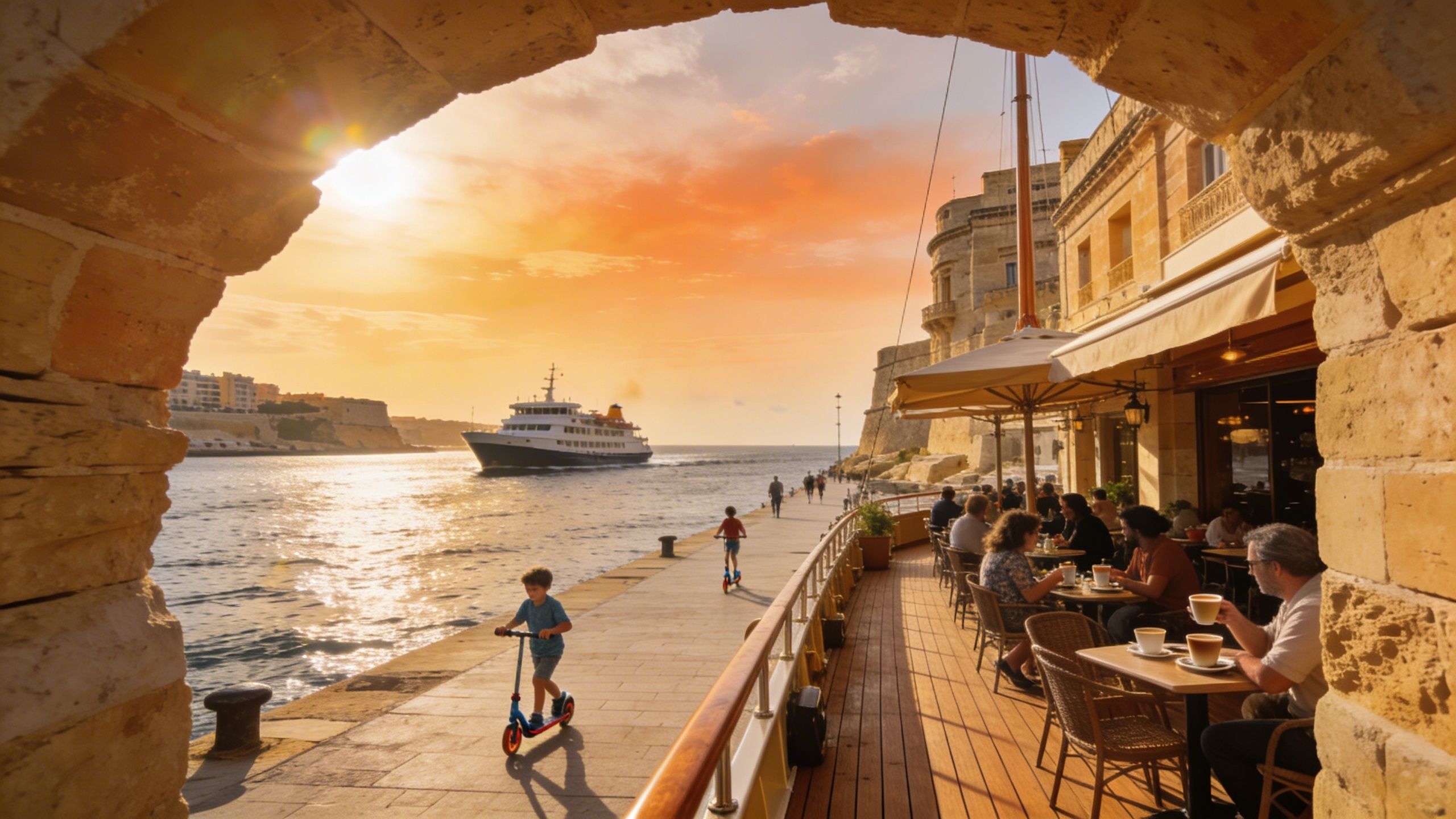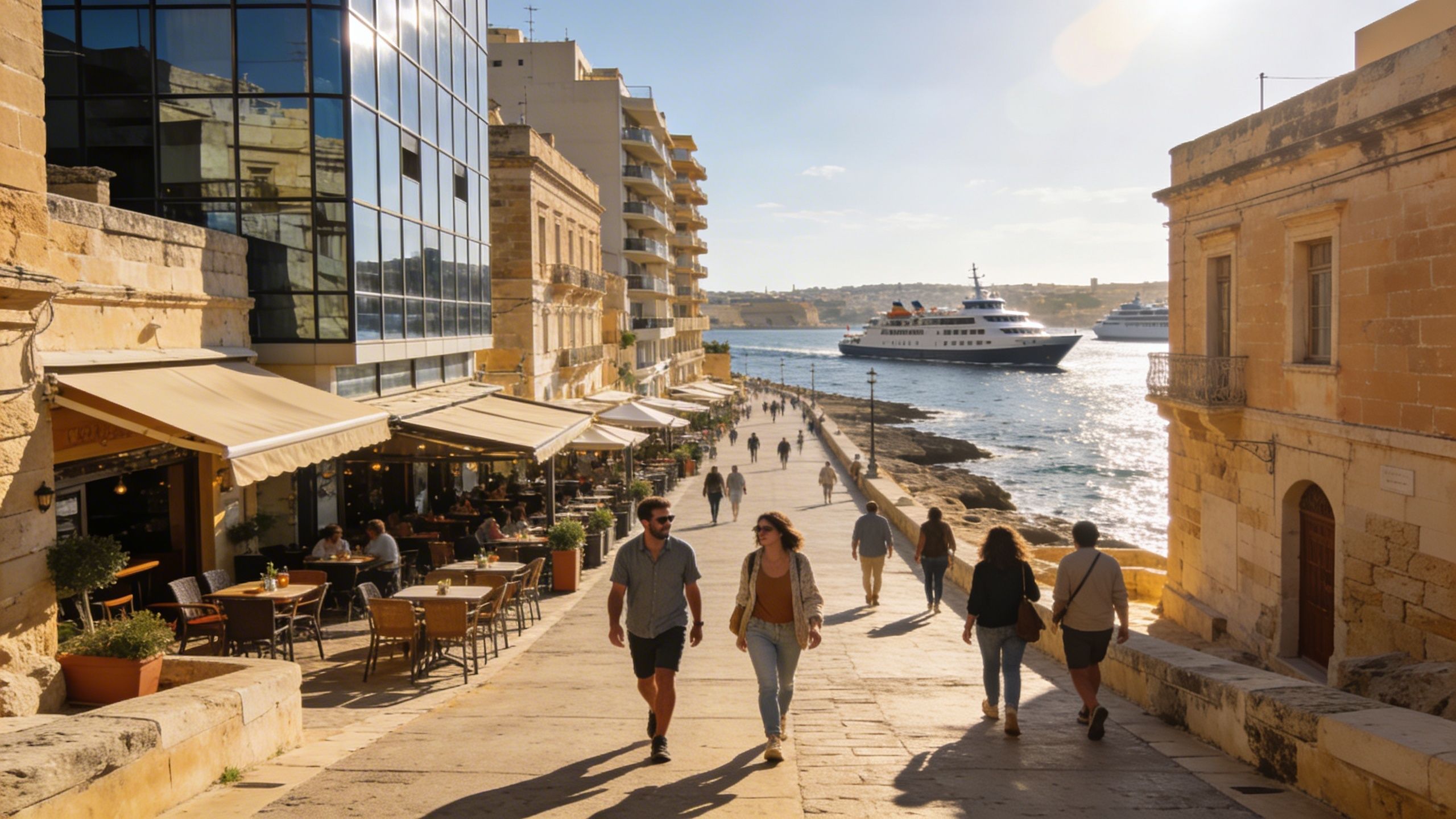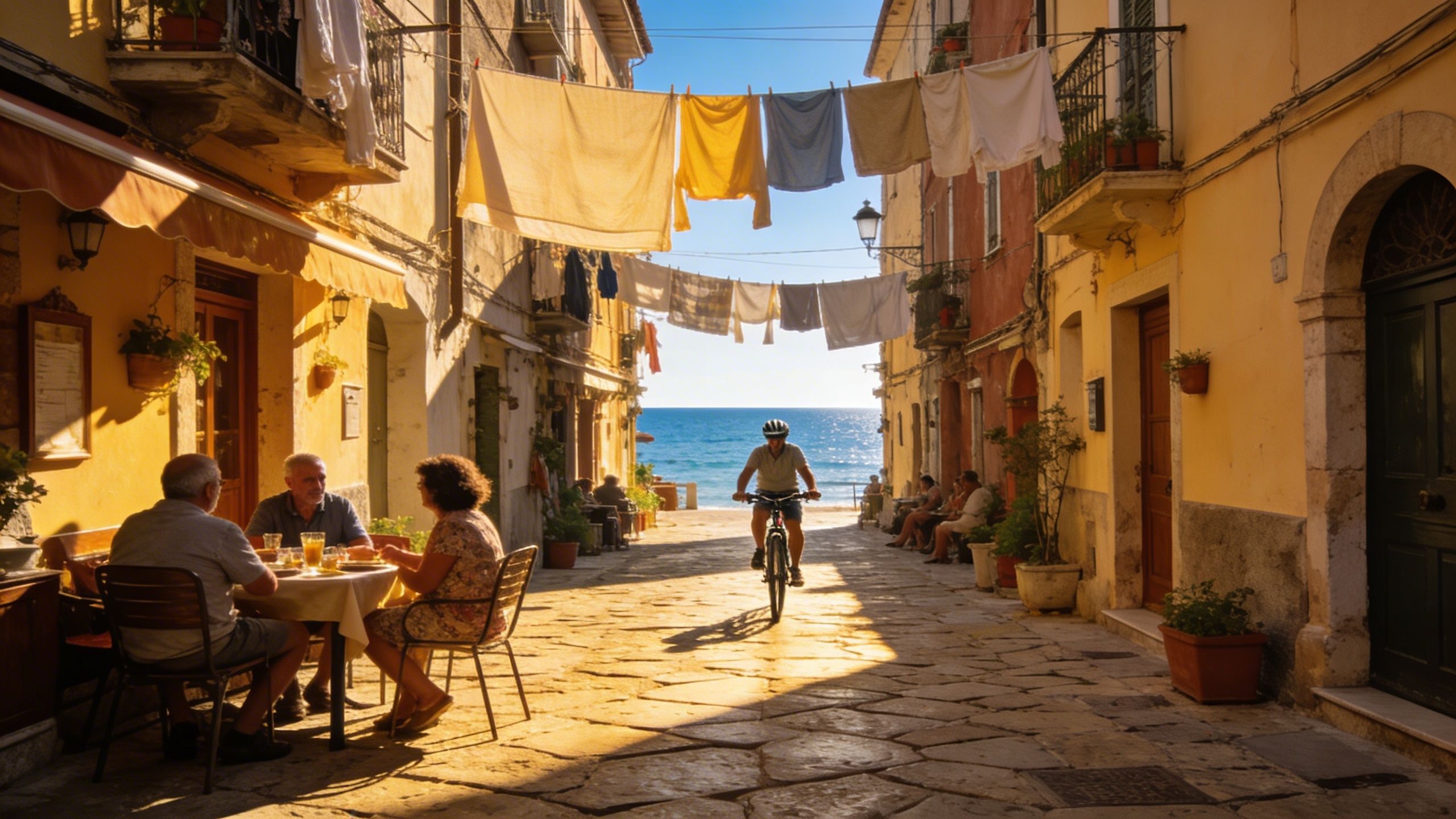Why France’s ‘Expensive’ Reputation Misses the Provinces
France’s national prices stabilised, but lifestyle buyers find opportunity in provincial towns and nuanced Riviera pockets—visit, test rhythms, and use local experts.
Imagine sipping espresso at Café de la Paix in Aix, wandering Saturday stalls at Marché Forville in Cannes, then driving thirty minutes inland to a hilltop village where stone houses sell for a fraction of the Riviera. That contrast — exuberant coast and quietly affordable provinces — is France’s persistent surprise for international buyers. Recent market analysis shows national prices stabilising, but regional spreads tell the real story.
Living the French lifestyle — more than the postcode
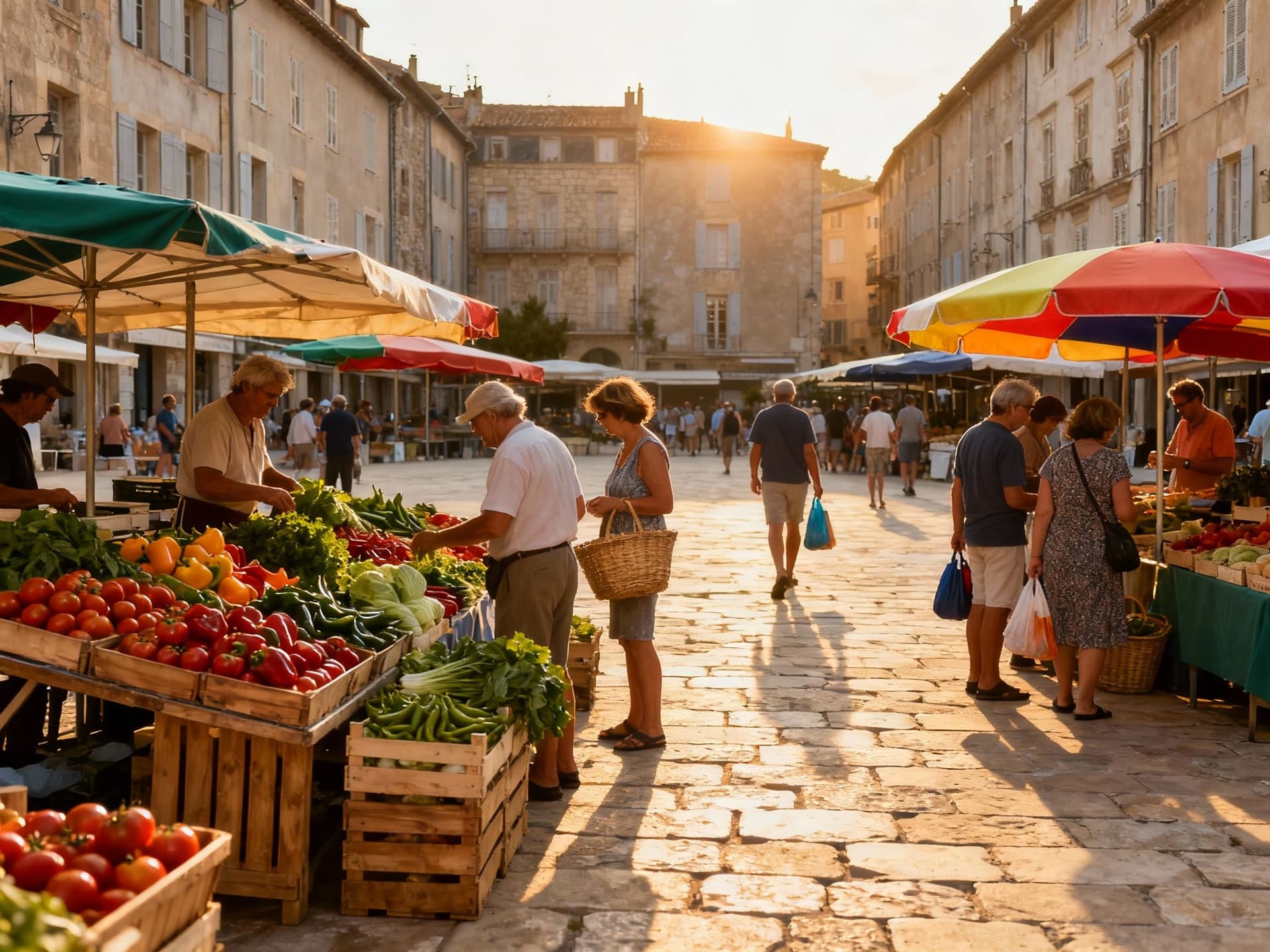
France is not one market. Urban centres, the Riviera and Alpine towns move differently to inland departments. National data show prices returning to modest growth in early 2025, but what matters to you as a lifestyle buyer is the local rhythm: morning markets, early dinners, and the seasonal ebb of tourist crowds. These rhythms shape where properties retain value and where bargains still exist.
Coastlines and cafés: Côte d’Azur and Provence
Picture narrow alleys in Antibes, the fish stalls of Marché Provençal in Antibes, and late-afternoon terraces in Nice. The Riviera is active: limited supply pushes prices in towns like Saint‑Tropez and Antibes, while Nice and Cannes offer broader choice. That concentration makes the Riviera a strong performer, but it also masks pockets inland where the same daily pleasures cost significantly less.
Quiet provinces that surprise: Nouvelle‑Aquitaine, Occitanie, and inland Loire
Walk a Thursday market in Cahors or a bakery-lined Rue Nationale in La Roche‑sur‑Yon and you feel a different France. These regions offer slower pace, lower entry prices and authentic everyday life. Parisians buying second homes inland keeps demand steady, but inventory and price levels remain far friendlier than major coastal hotspots.
- Lifestyle highlights worth mapping before you buy:
- Morning markets: Marché Forville (Cannes), Marché des Capucins (Bordeaux), Place du Marché (Aix‑en‑Provence)
- Coastal rituals: weekday swims at Plage de la Gravette (Antibes), sunset aperitifs on the Promenade des Anglais (Nice)
- Village life: weekly communal lunches in hilltop villages, local fêtes in summer, and seasonal markets selling local cheese and truffles
Making the move: practical considerations that match the life
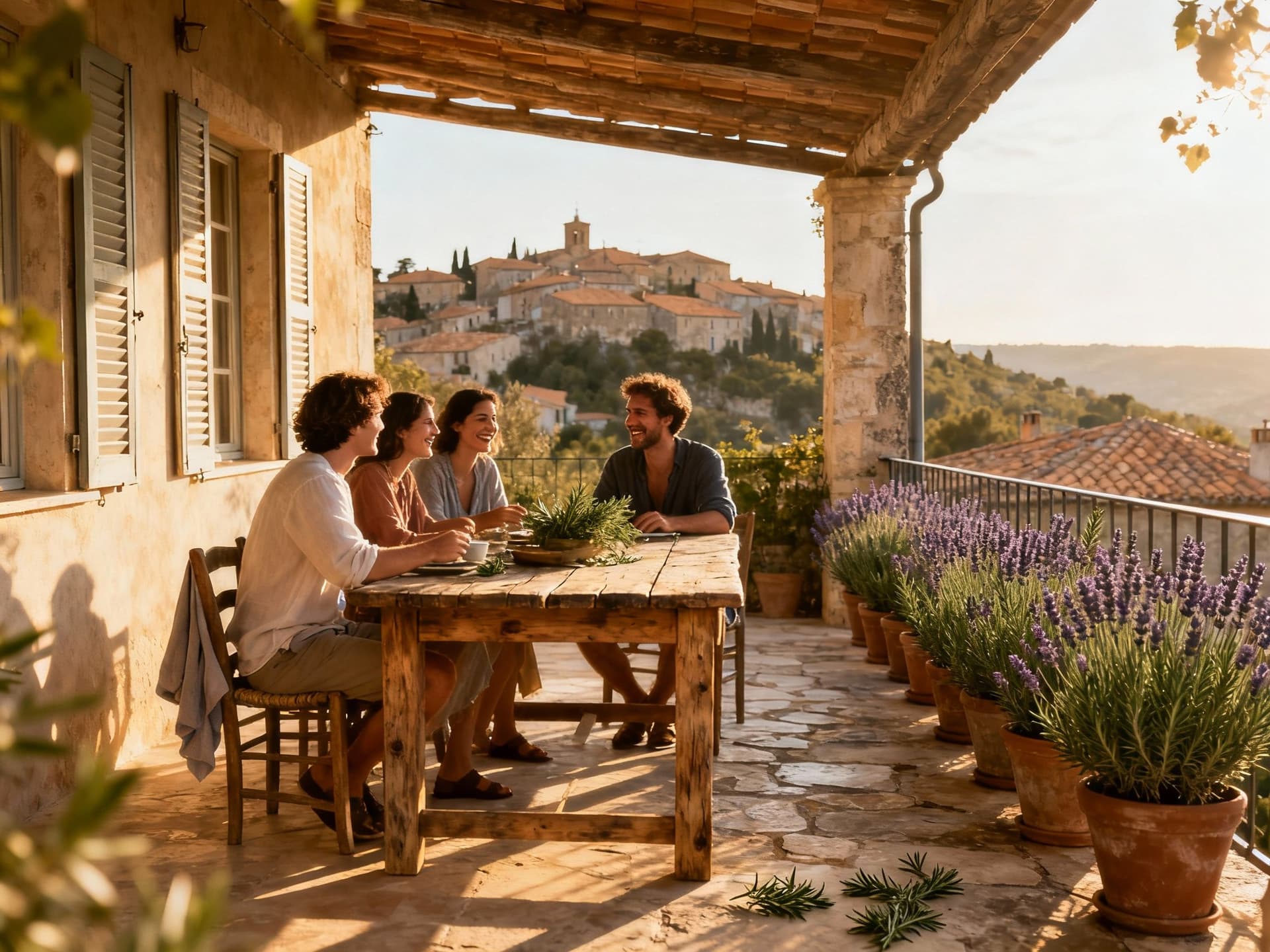
Lifestyle choices change the type of property you need. Do you want a compact apartment near terraces, or a farmhouse with land for a vegetable plot? Local market dynamics — transaction volumes, typical buyer budgets and foreign buyer concentration — determine how quickly you must act and where negotiating room exists.
Property styles and how they shape daily life
A Provençal mas gives you outdoor living, olive trees and renovation choices; a central Marseille apartment gives immediate urban life but limited private outdoor space. Consider insulation and heating: many historic homes need upgrades for winter comfort. The property type also affects ongoing costs and how quickly the place will feel lived in.
Working with local experts who know both market and lifestyle
A local notaire and a regional agent who actually lives in the area will point you to streets where life matches your brief. They know which boulangeries draw locals, which roads flood in winter, and which renovations will gain planning approval. That local cultural knowledge is often more valuable than a marginal price reduction.
- Steps to align lifestyle with purchase (practical + sensory): 1. Spend three consecutive days in the neighbourhood at different times to test rhythm and noise. 2. Ask a local agent about weekday footfall for cafés and weekend tourist pressure. 3. Get an inspector who will comment on insulation, humidity and roof condition — key for old stone houses. 4. Verify transport links (regional TER, TGV accessibility) that match your seasonal plans. 5. Check local services: pharmacy hours, doctor proximity, grocery variety.
Insider knowledge: the small rules that change neighbourhood choices
Expats often tell us their biggest surprise is variation within a single department. INSEE data show quarters of national stability in late 2024 and modest rebounding in early 2025, but local micro-markets diverge. That means a careful street-level read is essential — not just a regional price map.
Cultural realities that affect daily comfort
French small-town life follows unspoken schedules: shops close for long lunches in summer, administrative windows can be brief, and social integration often comes through local associations and markets. Learning simple phrases and attending village events accelerates acceptance and unlocks local openings — ex: informal renovation advice or rental opportunities.
- Red flags and local checks (inspect before you fall in love):
- Persistent damp or salt stains on lower walls (hidden renovation cost)
- Limited winter heating (wood-only systems in cold regions can be expensive to maintain)
- Noisy seasonal roads or tourist footfall near your front door
- Unclear property boundaries or shared access lanes without documented agreements
- Practical negotiation and timing tactics for lifestyle buyers: 1. Use off‑season viewing (late autumn or early spring) to judge daily life and negotiating leverage. 2. Ask for recent energy bills and council taxes to estimate true running costs. 3. Consider conditional offers tied to a technical survey and a clear notaire timeline.
Small choices compound. A two‑room apartment in Avignon gives immediate cultural life; a three‑bed farmhouse outside Bergerac gives space, cheaper land and a project. Both can deliver the French life — but they demand different local expertise and realistic timelines.
Longer-term lifestyle and resale realities
Foreign buyers remain a small but active share of transactions; their budgets vary by origin and intent. Where international demand concentrates — Riviera, Alpine resorts, certain Loire towns — liquidity is higher. Where it doesn’t, resale can take longer but entry price is lower. Match your holding period to local turnover expectations.
Conclusion: Fall in love, but verify. Start with lifestyle reconnaissance — spend time in markets, cafés and streets — then work with local agents, notaires and inspectors who can translate that feeling into practical next steps. France offers coastal glamour and quiet inland value; the right local expertise turns both into lives you will actually live.
British expat who relocated to Marbella in 2012. Specializes in rigorous due diligence and cross-border investment strategies for UK and international buyers.
